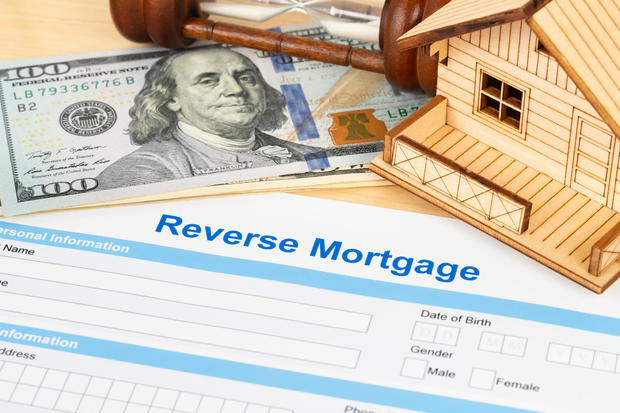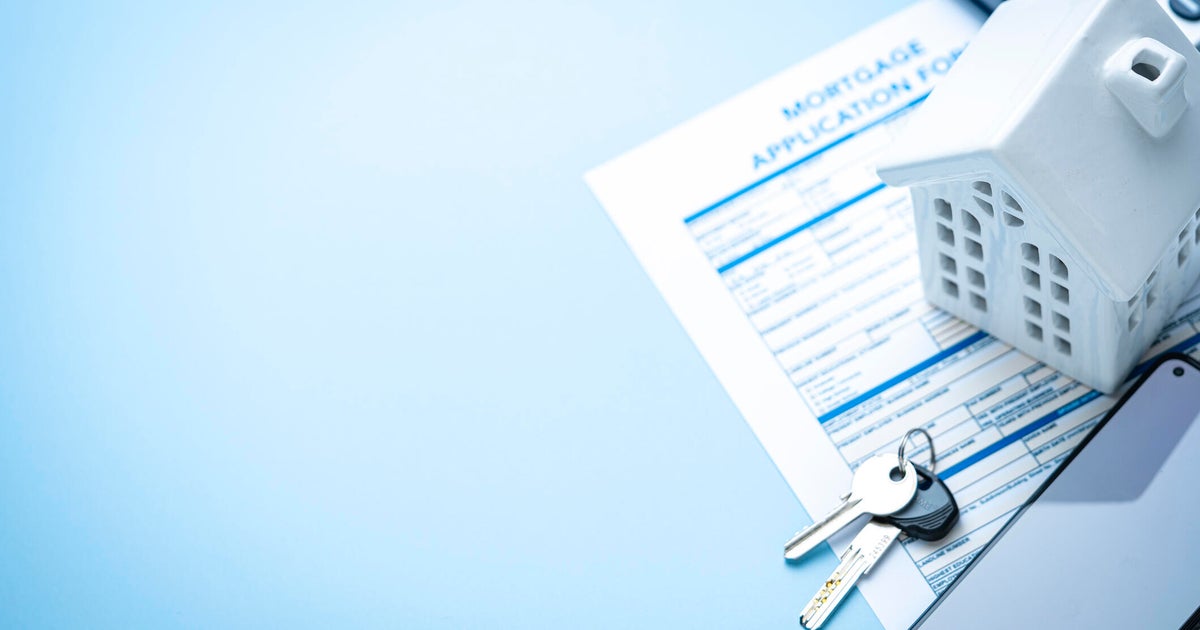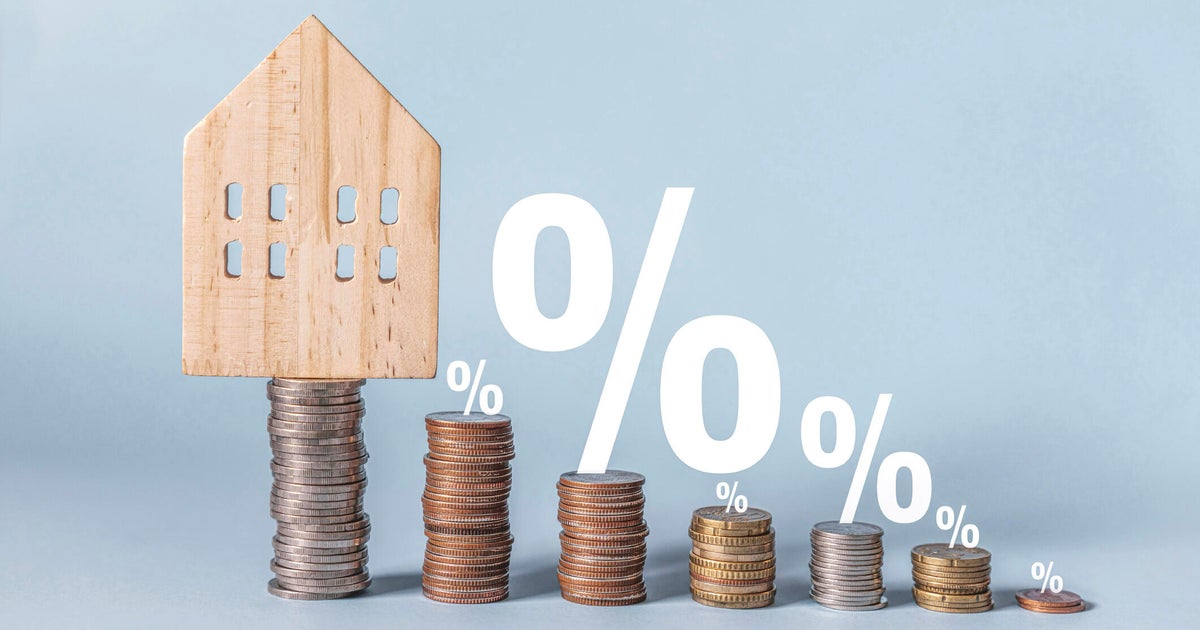Reverse mortgages: Pros and cons explained
Are you looking for ways to increase your cash flow in retirement?
If you own your home (or most of it), a reverse mortgage may be able to help. It can eliminate your existing mortgage payment and generate a regular source of income. However, there are a few factors that might deter you.
That's why it's beneficial to fully understand how reverse mortgages work. Experts are standing by to assist you and can help you get started today.
Here's a closer look at reverse mortgages, the pros and cons, and when one might be a good idea.
What is required for a reverse mortgage?
Most reverse mortgages are Home Equity Conversion Mortgages (HECMs) backed by the Federal Housing Administration (FHA) and originated by FHA-approved lenders. To qualify, you'll need to meet a few requirements, including:
- Age: You must be at least 62 years old.
- Ownership: Your name must be on the title of the home.
- Equity: Equity requirements can vary by lender — often at least 50% ownership is required.
- Property type: Your property must be a single-family home, condo, manufactured home, or an owner-occupied multi-unit property (up to four units) approved by the Department of Housing and Urban Development (HUD).
- Occupancy: You must live in the home as your principal residence (more than six months of the year).
- Counseling: You must undergo counseling from a HUD-approved reverse mortgage counselor.
How is a reverse mortgage repaid?
Unlike traditional mortgages, reverse mortgages don't have regularly scheduled payments. The full outstanding balance is due when certain events occur, including if you:
- Sell your home
- Transfer the title to someone else
- Move out permanently
- Default on the loan terms
- Die
In most cases, reverse mortgages are paid off by selling the home or handing the title over to the lender. However, the balance can also be refinanced or paid off by other means (e.g. savings, inheritance, etc.).
What can a reverse mortgage be used for?
You can use the funds you receive from a reverse mortgage for any purpose, such as to buy groceries, make home improvements, or pay bills. Retirees typically use them to supplement their Social Security and other retirement income.
If you could use the extra cash that a reverse mortgage frees up then it's worth exploring your options. Reverse mortgage experts are standing by today to help you get started.
What does it cost to apply for a reverse mortgage?
Most lenders won't charge you to apply for a reverse mortgage. However, be prepared to pay the fees for your mandatory counseling session and your home appraisal. Additionally, if you get approved and decide to move forward, you'll have to pay closing costs and may be charged origination fees, service fees, and more.
How much can you borrow with a reverse mortgage?
The amount you can borrow, also known as the net principal amount, is based on your age, home value, interest rate, and borrower costs. When you apply, your lender will calculate it for you.
Reverse mortgage pros and cons
While a reverse mortgage can provide various benefits, it also has a few potential drawbacks. Here's a summary of the pros and cons.
Pros
- Can provide tax-free cash flow in retirement
- Can eliminate your monthly mortgage payment
- You won't have payments until you move, sell, die, or default
- Multiple disbursement options are available (loan, credit line, monthly payments)
- The loan balance can't exceed your property's value, so you won't put yourself underwater
Cons
- Must be at least 62 years old to qualify
- May impact eligibility for select government benefits (Medicaid and Supplemental Security Income)
- Loan default can lead to foreclosure
- You can't move without the balance becoming due
- Fees and closing costs apply
- You must own a home and have sufficient equity to qualify
- Heirs won't inherit your home free-and-clear
Is a reverse mortgage right for you?
Whether a reverse mortgage is right for you or not will depend on a few factors. First, consider how long you plan to stay in the home. If you don't intend on moving, a reverse mortgage can be a good fit. However, if you do want to move in the future, your outstanding balance will become due which may require you to sell the house.
Additionally, if you want to pass your home on to an heir, a reverse mortgage will make that more difficult. They'll need to pay off or refinance the outstanding loan balance at the time of your passing. Other critical factors to consider are the costs to get the reverse mortgage and if the loan will impact your government benefits.
While a helpful loan product in some situations, reverse mortgages are specific to the individual homeowner's personal financial situation and preferences. Be sure to weigh the pros and cons carefully and share any concerns you have during your mandatory counseling session.
Ready to get started and get the cash out of your home? Find out what you can qualify for by acting today.
Consider cash-out refinancing, too
If you think you may benefit from a reverse mortgage then it helps to be aware of cash-out refinancing, too. Once familiar with both options you can weigh the pros and cons to accurately determine which is better for you.
With a cash-out refinance you take out a new mortgage loan for an amount larger than your existing loan. You then use the new one to pay off the old one. You receive the balance (the difference between your old and new mortgage) as cash. Most lenders will allow owners to take out up to 80% of their home's value so, depending on how much of your loan you've paid off, you could potentially get hundreds of thousands of dollars back. You can use those funds as you see fit.
If this sounds like something you could benefit from then reach out to a mortgage professional today. They can answer any questions you may have and help guide you toward a plan that works for you.




